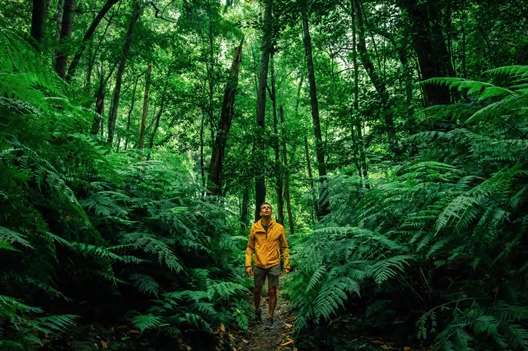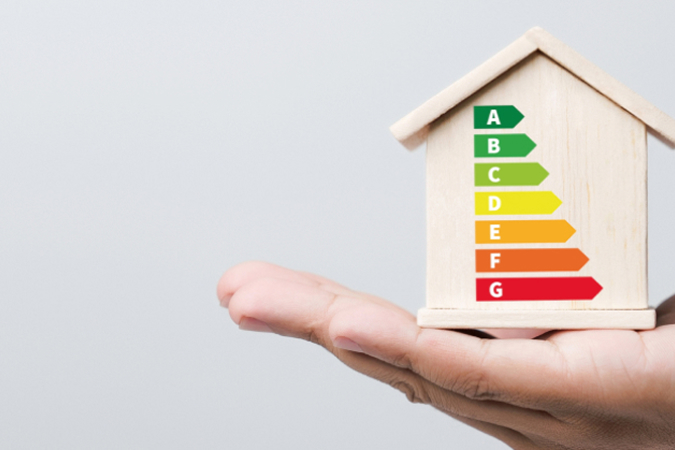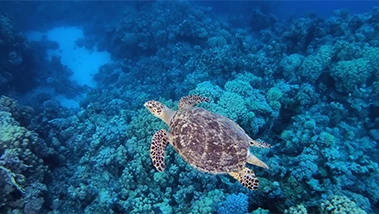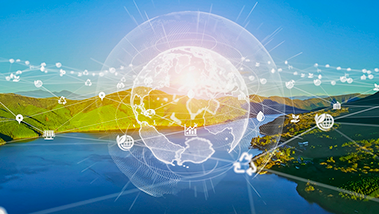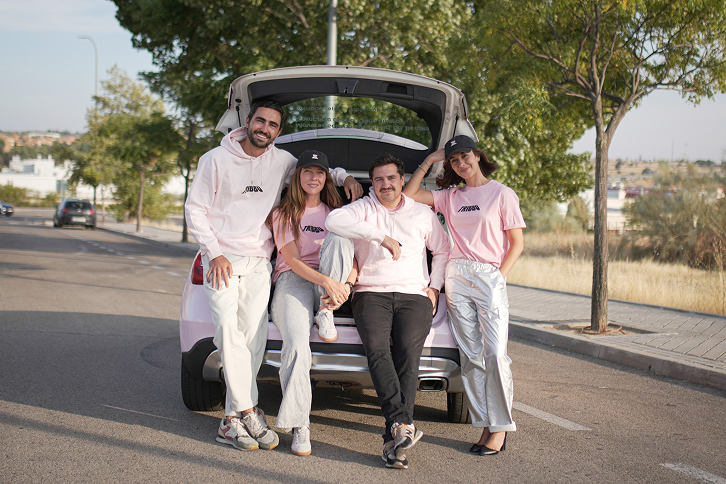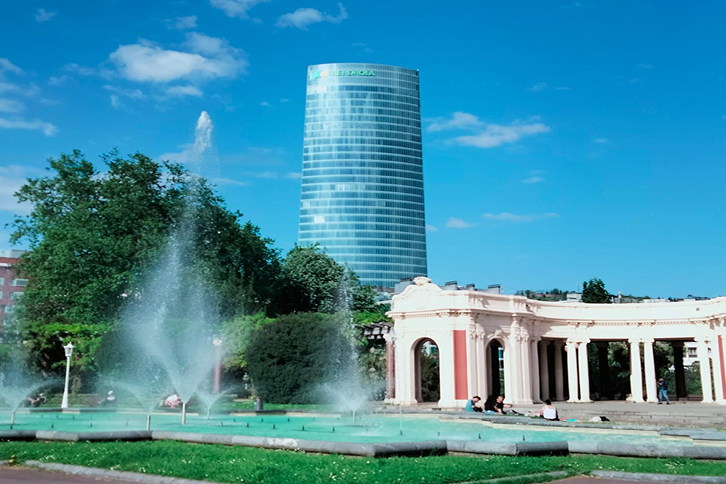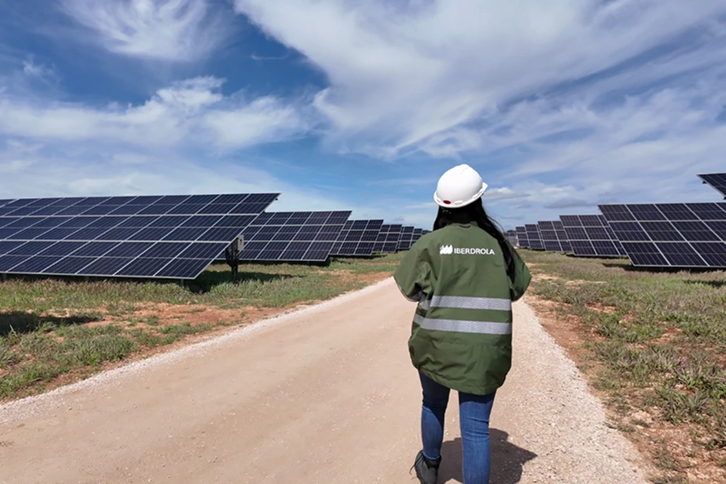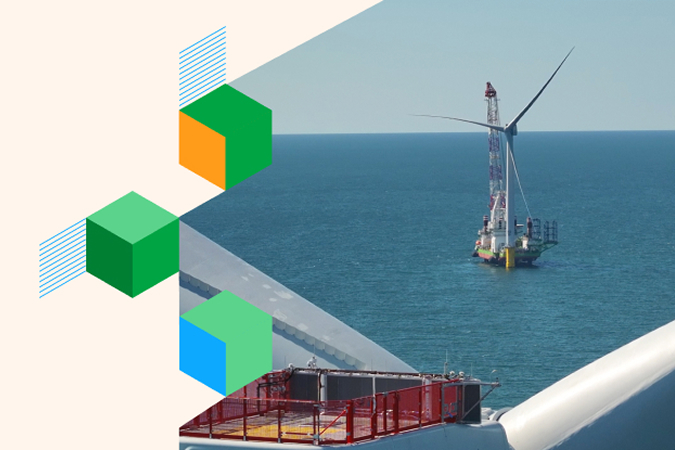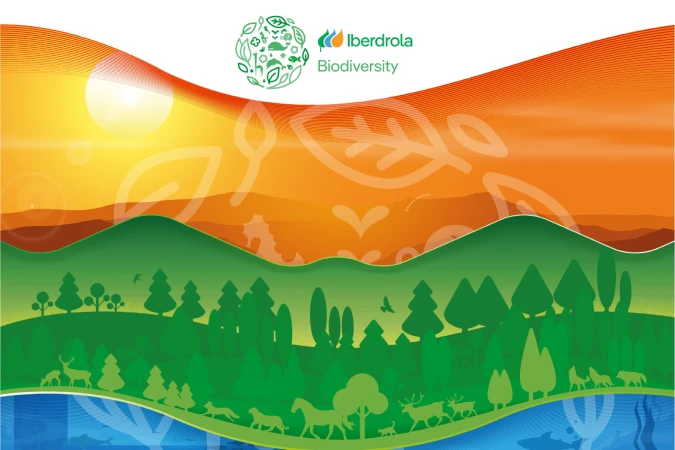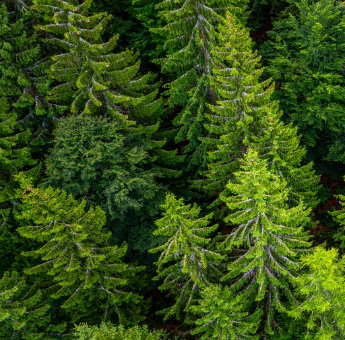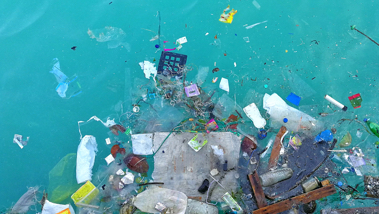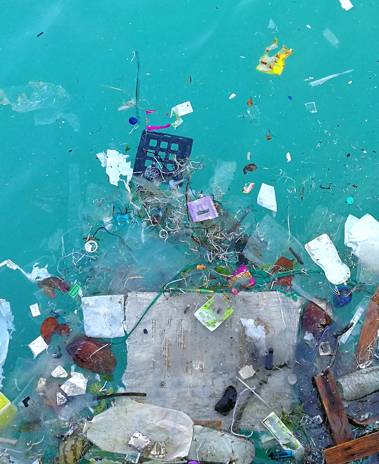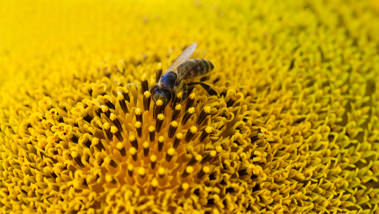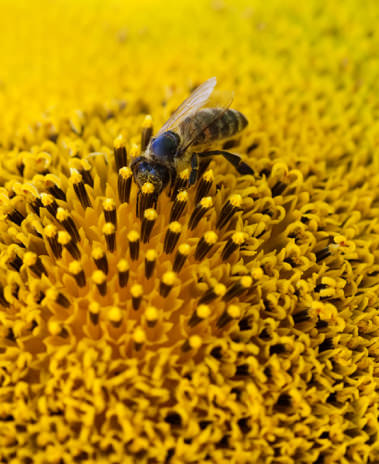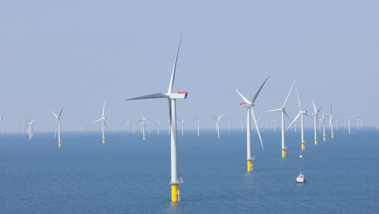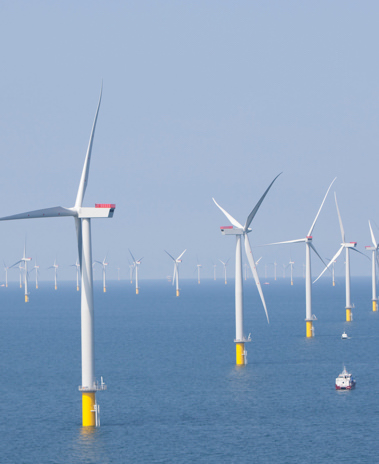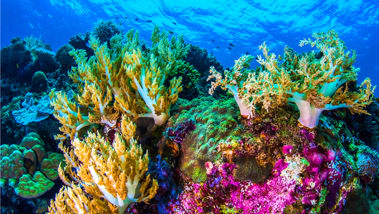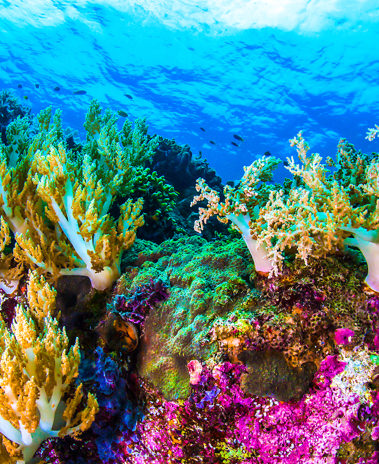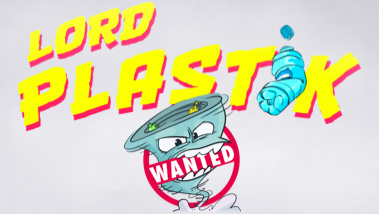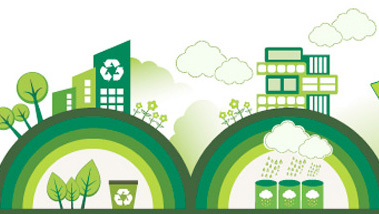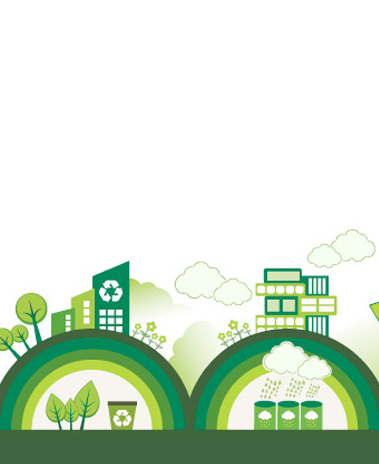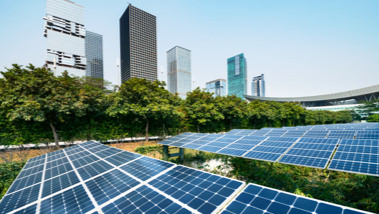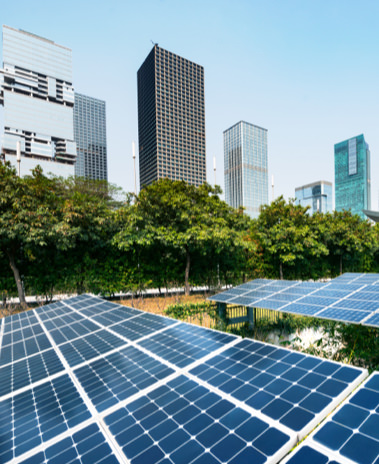-
Plastic is overwhelming our oceans and it's causing incalculable environmental damage. This situation raises many questions: How does plastic get into the ocean? Where does the waste come from? What can we do to avoid it? We outline below the main factors responsible.
Bees and other animals do silent yet essential work for our survival. The vast majority of the world's food crops depend on natural pollination by these species, which are now threatened by intensive agriculture, pesticides, pollution and climate change.
-
Offshore wind energy is the clean and renewable energy obtained by taking advantage of the force of the wind that is produced on the high seas, where it reaches a higher and more constant speed than on land due to the absence of barriers. In order to make the most of this resource, mega-structures are installed that are seated on the seabed and equipped with the latest technical innovations. Discover what these real sea giants are like and how they work.
The historic Paris Agreement, adopted by 195 nations during COP21 (2015), included the goal of strengthening the world's response to the threat of climate change and, in order to do so, to keep the increase in the average temperature worldwide well below 2º C above pre-industrial levels and to continue efforts to limit this temperature increase to 1.5º C. A new report published by the Intergovernmental Panel on Climate Change (IPCC) has reaffirmed the urgent need to move towards a scenario of 1.5º C.
-
As part of the Climate Change: Challenges and Opportunities conference, Iberdrola presented Guardians of the Planet, a documentary made with the expert advice of a company that is global leader in the fight against climate change.
The proliferation of plastics and their impact on the environment is a pressing problem for the planet. Iberdrola, in line with the United Nations (UN) Sustainable Development Goals, is launching the Catch Lord Plastik, an initiative to raise awareness of this problem.
-
The world's population has reached 8 billion (UN, 2022), and a large part is concentrated in major cities. These cities contribute the most to greenhouse gas (GHG) emissions, and yet, at the same time, they offer the best hope for reducing the ecological footprint on a global scale.
The world will have to invest $90 trillion in sustainable infrastructure by 2030, according to estimates by The New Climate Economy. These investments are crucial not only to renew old equipment in developed countries and bring them in sync with the fight against climate change, but also to bolster green economic growth in emerging markets and developing countries.







